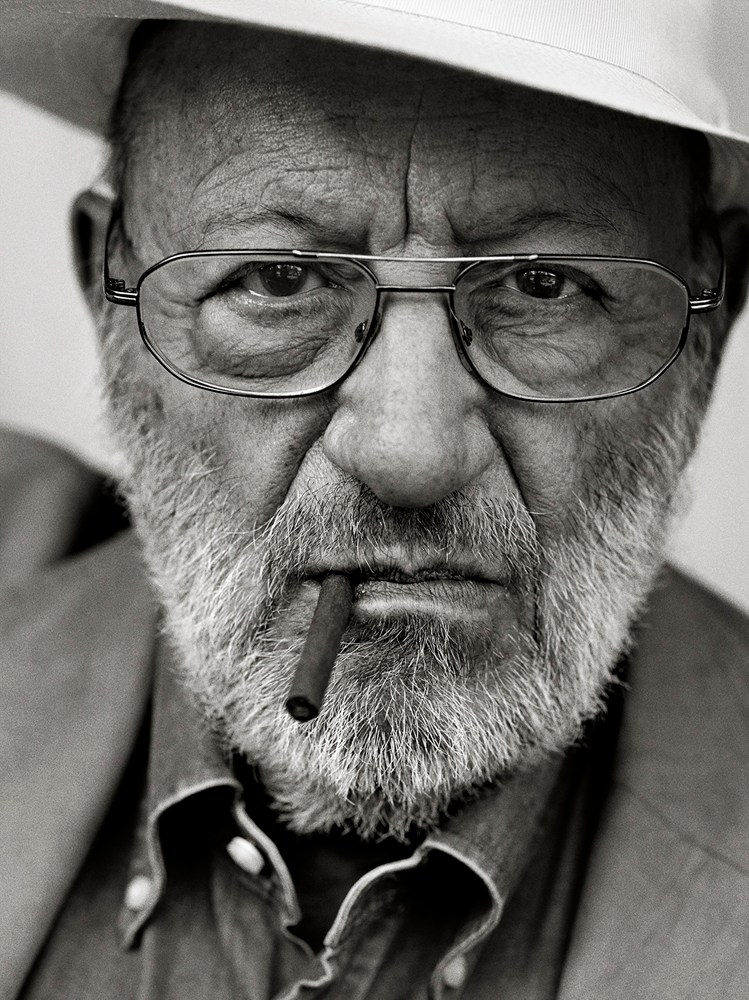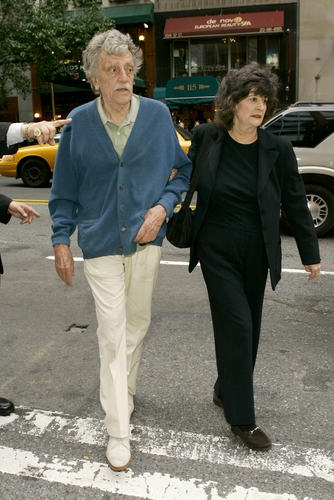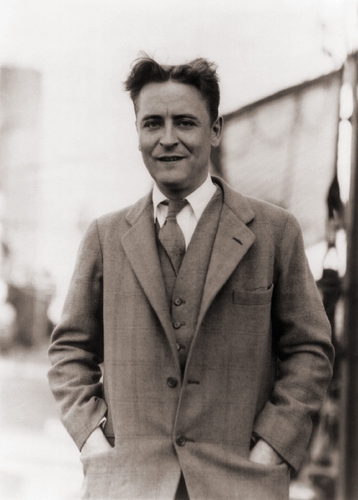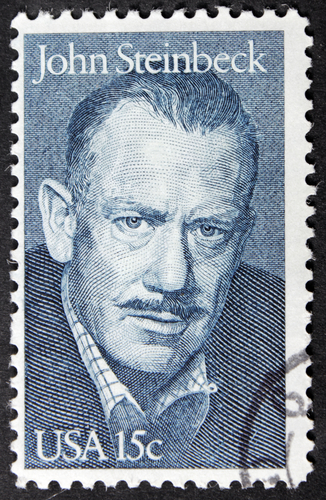Being a parent is life turned up to 11. Yet articulating the manifold joys and horrors isn’t easy. Here, a range of top writers ranging from Scott Fitzgerald to Kurt Vonnegut share their thoughts on the biggest job of them all.
Joan Didion (pictured above)
“I don’t think anybody feels like they’re a good parent. Or if people think they’re good parents, they ought to think again.”
Salman Rushdie in East, West: Stories
“At sixteen, you still think you can escape from your father. You aren’t listening to his voice speaking through your mouth, you don’t see how your gestures already mirror his; you don’t see him in the way you hold your body, in the way you sign your name. You don’t hear his whisper in your blood.”
Anna Quindlen in Black and Blue
“Your children make it impossible to regret your past. They’re its finest fruits. Sometimes the only ones.”

Umberto Eco
Umberto Eco in Foucault’s Pendulum
“I believe that what we become depends on what our fathers teach us at odd moments, when they aren’t trying to teach us. We are formed by little scraps of wisdom.”
Laurell K. Hamilton in A Stroke of Midnight
“My father had taught me to be nice first, because you can always be mean later, but once you’ve been mean to someone, they won’t believe the nice anymore. So be nice, be nice, until it’s time to stop being nice, then destroy them.”

Kurt Vonnegut, author of Slaughterhouse-5 in a 1969 letter to his 22-year-old son
“Never take liquor into the bedroom.
Don’t stick anything in your ears.
Be anything but an architect.
Live in a nice country rather than a powerful one.
Power makes everybody crazy.
Get somebody to teach you to play a musical instrument.”

F Scott Fitzgerald in a 1933 letter sent to his daughter
Things to worry about:
Worry about courage
Worry about cleanliness
Worry about efficiency
Worry about horsemanship…
Things not to worry about:
Don’t worry about popular opinion
Don’t worry about dolls
Don’t worry about the past
Don’t worry about the future
Don’t worry about growing up
Don’t worry about anybody getting ahead of you
Don’t worry about triumph
Don’t worry about failure unless it comes through your own fault
Don’t worry about mosquitoes
Don’t worry about flies
Don’t worry about insects in general
Don’t worry about parents
Don’t worry about boys
Don’t worry about disappointments
Don’t worry about pleasures
Don’t worry about satisfactions
Things to think about:
What am I really aiming at?
How good am I really in comparison to my contemporaries in regard to:
(a) Scholarship
(b) Do I really understand about people and am I able to get along with them?
(c) Am I trying to make my body a useful intsrument or am I neglecting it?

John Steinbeck in a 1958 letter to his eldest son Thom after the teenager confesses to have fallen in love with a girl named Susan while at boarding school.
“First — if you are in love — that’s a good thing — that’s about the best thing that can happen to anyone. Don’t let anyone make it small or light to you…
You say this is not puppy love. If you feel so deeply — of course it isn’t puppy love.
But I don’t think you were asking me what you feel. You know better than anyone. What you wanted me to help you with is what to do about it — and that I can tell you. Glory in it for one thing and be very glad and grateful for it… Try to live up to it.
It sometimes happens that what you feel is not returned for one reason or another — but that does not make your feeling less valuable and good.
Lastly, I know your feeling because I have it and I’m glad you have it.”
